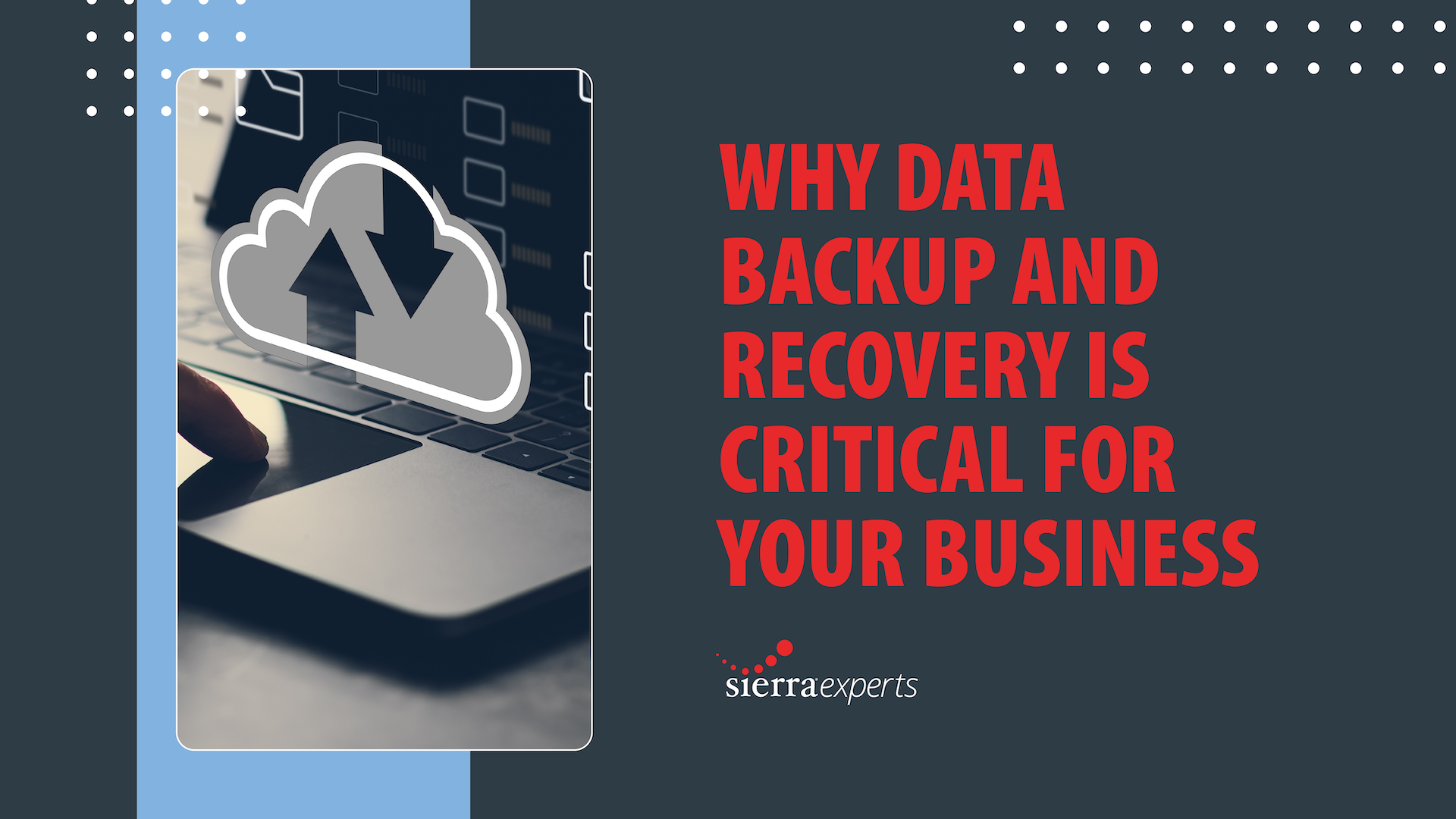60% of companies that lose their data will shut down within six months.(1) This startling statistic highlights data loss’s devastating impact on businesses. In an age where data is critical, ensuring its protection and recovery is paramount. Data backup and recovery are technical necessities and essential strategies for business continuity and success.
Understanding Data Backup and Recovery
Definition: Data backup and recovery in a business context refers to creating copies of data and storing them in separate locations to ensure they can be restored in case of data loss. This process ensures that critical business information is not permanently lost and can be retrieved and used to resume operations.
Types of Backup:
Full Backup: A complete copy of all data. It is comprehensive but time-consuming and requires significant storage space.
Incremental Backup: Copies the data that has been altered since the last backup had occurred, saving time and storage space.
Differential Backup: Copies all data that has changed since the previous full backup, offering a balance between full and incremental backups.
Data loss can occur because of many reasons, including:
Hardware Failures: Malfunctions in physical devices.
Cyberattacks: Ransomware, malware, and other security breaches.
Human Error: Accidental deletions or modifications of data.
Natural Disasters: Events like floods, fires, or earthquakes that physically damage data storage devices.
Consequences of Data Loss
The potential consequences of data loss are severe. Financial loss is often immediate, with potential long-term financial impacts that can jeopardize the stability of any business. Additionally, non-compliance with data protection regulations due to data loss can lead to significant fines and legal actions, further straining resources and operations capabilities. Moreover, data loss can damage a business’s reputation. Which can result in the loss of customer trust and negative publicity that can have lasting effects on its brand.
Benefits of Data Backup and Recover
Data backups and recovery offer numerous benefits for businesses:
○They ensure business continuity by allowing operations to continue smoothly even after a data loss event, minimizing downtime, and maintaining operational flow.
○Backups provide a crucial safety net against cyber threats, ensuring that data can be restored to a secure state even during an attack.
○Many industries have regulations requiring businesses to maintain data backups. A robust backup system helps meet these legal and regulatory requirements, avoiding potential penalities and ensuring compliance.
Best Practices for Data Backup and Recovery
Regular Backups: Conducting regular backups is crucial. Establishing a backup schedule ensures that data is consistently protected and put to date.
Offsite Storage: Storing backups in multiple locations, including office or cloud storage solutions, protects against localized data loss events, ensuring data is safe even if physical locations are compromised.
Test recovery plans: Regularly test your recovery plans to ensure they are current and work appropriately. This practice helps identify potential issues and improves recovery strategies.
Choosing the Right Backup and Recovery Solutions
Choosing the right backup and recovery solutions involves several critical steps. First, assessing your data backup needs is essential. This assessment includes understanding the volume of data, the criticality of different data sets, and the frequency of changes, which guides the selection of appropriate backup solutions. When selecting a backup and recovery service provider, consider factors such as experience, service range, customer support, and security features.
Look for providers like Sierra Experts, as we offer comprehensive managed services, including configuration and auditing, licensing updates, security breach prevention, resolving bottlenecks, network mapping, firewall management, and remote systems monitoring. Important features to look for in backup and recovery solutions include automatic backups to ensure regularity, encryption to protect data integrity, and scalability to accommodate business growth.
Data backup and recovery are crucial for maintaining business stability and fostering growth. By ensuring that your data is protected and can be quickly recovered, you safeguard yoru business against a wide range of risks. Evaluate your current backup strategies and consider necessary improvements. Learn more about Sierra Experts’ data backup and recovery servcies and contact us to schedule a time to learn how we can tailor our solutions to fit your business needs.
Source:
Other content you may enjoy:
Backup and Disaster Recovery Infographic
What is Disaster Recovery and How it Can Make or Break Your Business
6 Steps to Successful Disaster Recovery
Ransomware Infographic
Using Managed Services to Drive Efficient IT White Paper





